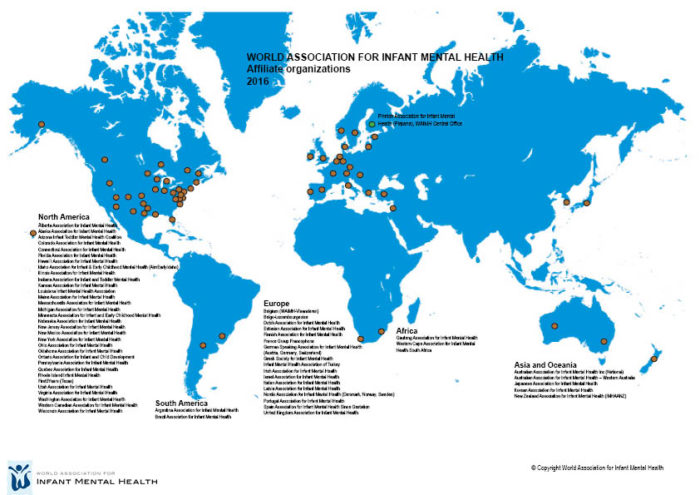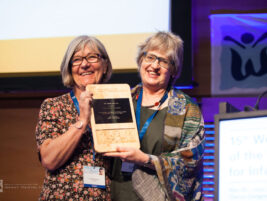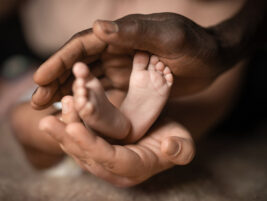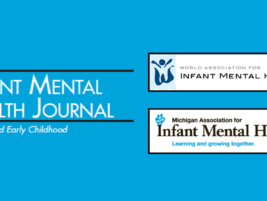As infant mental health workers, we are field builders, and as field builders we must also be advocates. To advocate for the resources and capacities families and communities require to raise thriving babies, we need tools – messages, frames, and messengers – to simply and clearly communicate the purpose and importance of our work. Our messages must resonate beyond our own reflective, relational, developmental, strengths-based, systems theory and culturally informed choir. To succeed in our advocacy, we will need to understand the resistances and objections, the competing priorities, and at a deeper level, the mental models of all those whose support we – and the babies, families and communities we partner with – must have.
The excerpts that follow set forth an approach to these challenges, as well as key findings and recommendations, in the context of the problematic polarization of child survival and child development. It is my hope that this article helps infant mental health workers everywhere reflect on and strengthen their communication strategies to garner broad-based commitment to babies’ and children’s survival and optimal development around the world. While this piece examines the “implicit assumptions” of international development leaders, it is also my hope that readers will use this as a starting point to develop responses to the “cultural models” of their local stakeholders, to break through their “cognitive filters,” and to identify contextual variations in professional cultures that must be accounted for in effective advocacy efforts.
The World in WAIMH: A Reflective Space
Authors
Sparrow, Joshua,
Harvard Medical School,
Boston, USA,
joshua.sparrow@childrens.harvard.edu








